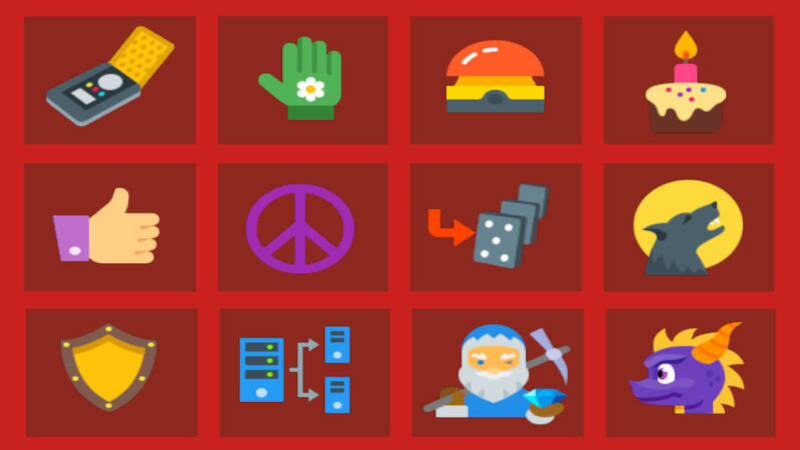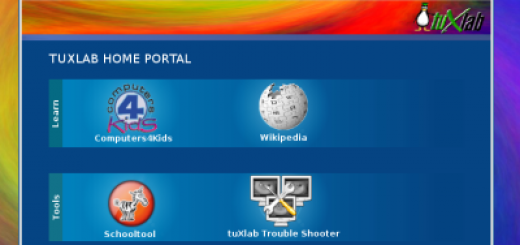Debian GNU/Linux 4.0 Released
How often can you say “Today they released a new version of Debian GNU/linux” (and tell the truth)? Well, not that often, and certainly not as often as in the Ubuntu world. Today is one of those days, the Debian project released Debian GNU/Linux 4.0, codenamed “Etch” today. It’s a large milestone in the free software world. Many distributions is based on the work of Debian, 6 of the top 10 distributions on Distrowatch is currently Debian based, and if you keep an eye on the top 20-30 most popular distributions every few months, you’ll notice that the amount of Debian based systems are increasing and becoming more and more popular.
I’m going to download it as soon as I find a mirror that has it and that’s not currently too busy. Not sure where I’ll install it yet, Ubuntu’s release cycle makes it much more appealing for me on the desktop, and Ubuntu 6.06’s long term support means that my servers are sorted out too. I do consider Debian’s Social Contract superior to the Ubuntu Manifesto, and I do find it a bit disappointing that the manifesto that was once on the front page of the Ubuntu website, can not even be found on the site anymore (or at least, I couldn’t find it). I guess I’ll have to ask the Community Council whether it still applies. What does look promising on the Ubuntu side is that in the upcoming 7.04 release, Ubuntu warns the user about proprietary drivers installed, and about some risks that may be associated with using these drivers.
I have hundreds of reasons to love Ubuntu and Debian, and little not to. I think it’s impossible for such large project to keep everyone happy, although both of them are doing a great job to keep millions of users satisfied. I’ll be attending the Ubuntu Education Summit and Ubuntu Developers Summit in Sevilla, Spain next month, and I have a big etch… erm, itch, to attend Debconf in June. I’ve signed up for it, and if no financial disaster hits me by the next payday, I’ll have my plane tickets by the end of the month. It’s amazing how much you can learn from the Debianites just by listening to them and absorbing. I think it will be worth every cent!








Interesting about the missing manifesto – since I rarely have any reason to visit ubuntu.com I hadn’t seen that. Doesn’t feel all that good really, that is one of the important points for me personally.
I hope and feel pretty confident it’s an oversight, but it really should be included in the What Is Ubuntu? page, at least as a link from there…
Funny that you should mention Ubuntu’s release cycle as one of the benefits of a desktop system because the lack of an unstable-like tree in Ubuntu is the main reason I won’t put it on any of my machines. Now if they were someone else’s machines that I was supporting then a release that wasn’t such of a moving target would be nice, but for my personal machines I’d rather update a handful of packages a week than wait and dist-upgrade every 6 months.
Hey Jim. Even though there’s a new release every six months, each release is still supported for 18 months after release, and the LTS (long term support) versions are supported for 3 years on the desktop and 5 years on the server.
I’ve found that, if unstable worked well for you on Debian for the desktop, then the 6 month release cycle on Ubuntu is not too long at all. Most major software applications don’t release major new features or versions that often. A 6 month cycle, imho, gives you a good opportunity to have the latest GNOME, Mozilla software and the OpenOffice.org suite.
Now and again, there is discussions within Ubuntu to also introduce a permanent unstable branch, for long-term developments. It might still happen in Ubuntu, but it seems that the current release model is working quite well for developers and users alike.
I know the releases are supported longer than the 6 month release cycle, but in order to stay current beyond security fixes you have to upgrade and that’s my main issue. And if I stuck with one release for more than 6 months I’d still likely have to upgrade in succession to get to the current release, I doubt a dist-upgrade from “dist” to “dist 2” (or anything other than 1 really) would go well.
And running sid lets me use the packages as soon as they’re put into Debian so I get to use what the DDs are using and see what they’re working on without constantly having to fix my system. I don’t think new packages added to the Ubuntu devel release are ever backported to the previous or even current release so I’d be forced to run the current devel release and I’ve heard some pretty bad horror stories from people using Ubuntu devel releases, since they have less time between releases there’s usually a lot more, larger changes going on and thus more breakage.
Don’t get me wrong, I’m not knocking Ubuntu, but I’ve been using sid for so long that going back to regular release cycle seems like step backwards. Frankly I probably wouldn’t even mind if Debian stopped official releases all together and just worked on sid. But that’s probably a con to having an unstable tree that’s so stable, it takes away some of the motivation to polish things up and release. =)
Hey Jim. I understand completely. When I used Debian Unstable for the first time (long before Ubuntu), I fell in love with Debian. It’s great seeing that a new version of your favorite software is available on Sourceforge, and then finding the new version in Debian just the next day.
Sid is a bit more difficult to support though. If you have a lot of clients that run different Sid setups that were dist-upgraded at different stages, you don’t know which bugs are out there and which security issues. While I can see why you enjoy Sid, and understand completely why you wouldn’t use anything else, I do think that Ubuntu’s six month release with an 18 month support cycle is approriate for its audience. Many users have stability and good support as higher priority than latest features. Horses for courses :)
Having said that, I’m considering dual booting my one laptop between Ubuntu Feisty and Debian Sid, it’s been so long since I’ve used unstable that I’m not really familiar with it anymore.